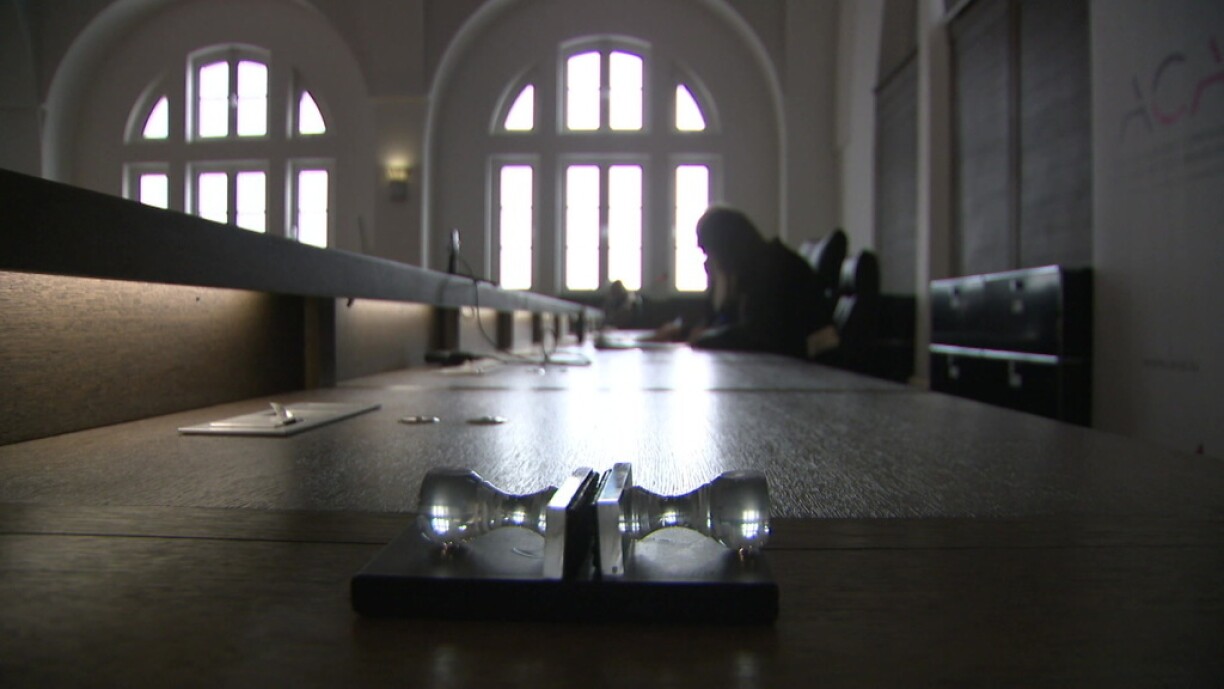
Frank Rollinger expressed cynicism at the legal authorities’ presentation of the Ju-cha system, stating that it is not as if there were a button one could press to determine an individual’s identity. Rollinger reiterated last year’s data protection laws - information can be used within criminal and/or legal cases and investigations, but not for job interviews. Fürst’s lawyer reminded adamant that the affair was a violation of the law.
It was during the job interview in question that his client had made it clear that the information he revealed was not to be used in this context, after which he was dismissed. The decision to reject his application had, by then, been made, if not before, according to the lawyer.
Fürst was confronted with a number of detailed accounts and information dating back to 2010. These specific facts could only have been asked by someone who had had access to these records, and therefore cannot have been obtained by legal means. Fürst had become involved in the highly politicised affair concerning the former minister Nicolas Schmit’s son, as he was one of three people in the car in question.
With access to this information, it was questionable whether his client had had a fair chance to begin with, Rollinger maintained.
Rollinger pointed out that of course the interviewers claimed there had been more qualified applicants rather than admit they had infringed upon the law. The lawyer revealed he had received a three-page long answer to one of his letters he had addressed to the public prosecutor’s office last Friday. He stated he would take his time to read it in full and respond.